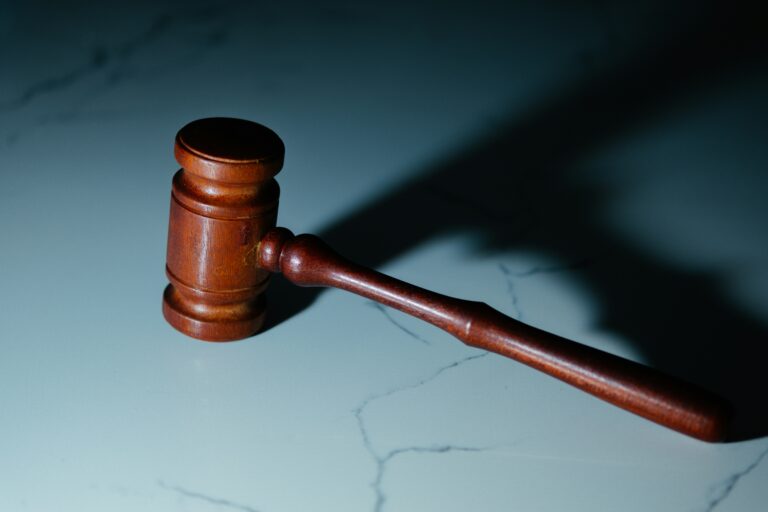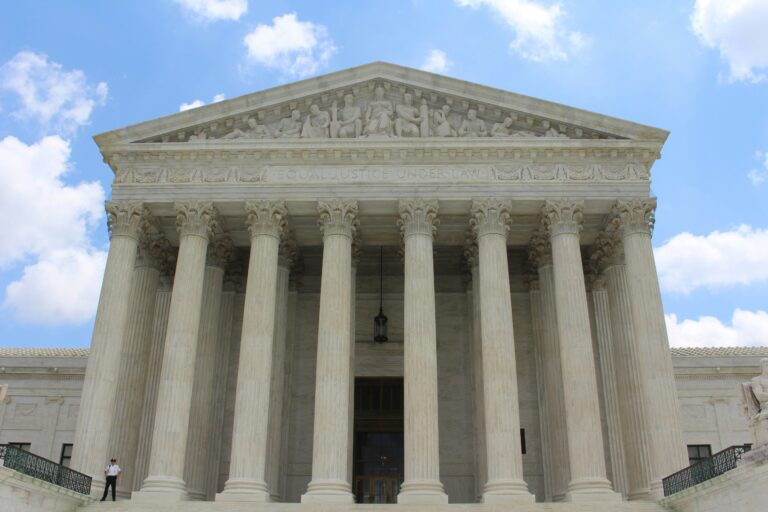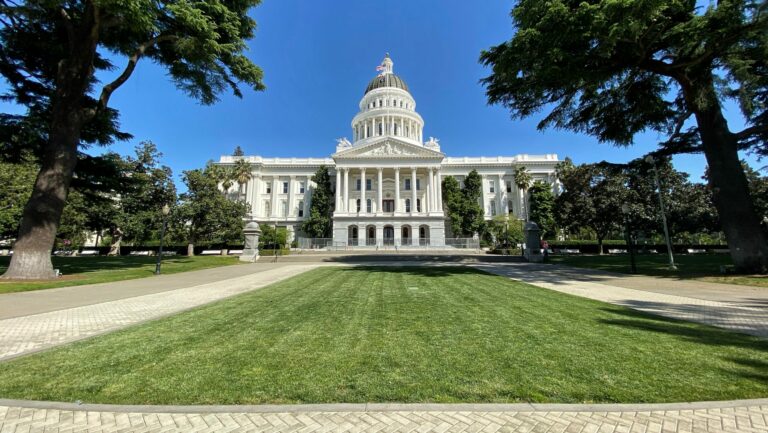Lessons Learned from Employment Law Litigation
Employment law litigation serves as both a safeguard and a teacher in the realm of workplace dynamics. It not only addresses grievances but also offers invaluable lessons for employers and employees alike. From discrimination and harassment claims to wrongful termination claims, each case brings forth insights that can shape organizational policies and practices. Here, we delve into some key lessons gleaned from employment law litigation, highlighting their significance and implications.











